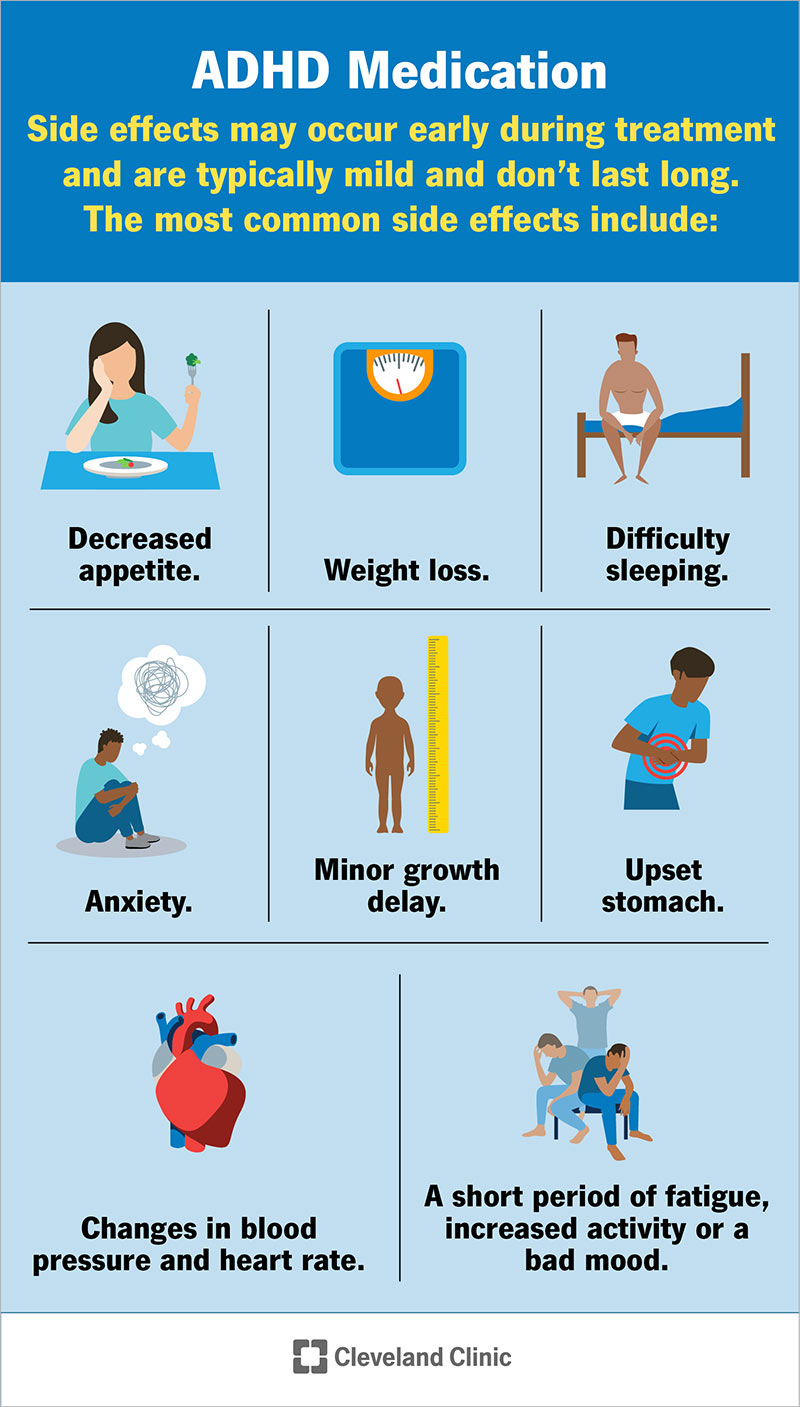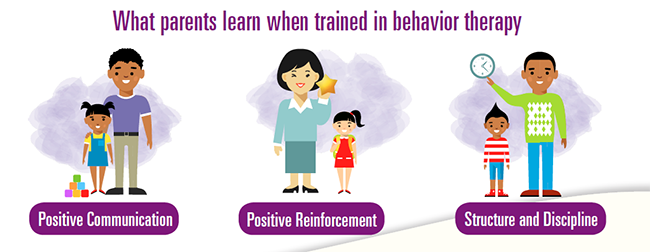Telehealth Psychiatrist Appointments for Confidential Mental Health Support
Telehealth Psychiatrist Appointments for Confidential Mental Health Support
Blog Article
Your Guide to Discovering the Right ADHD Treatment for Enduring Outcomes
Browsing the intricacies of ADHD therapy calls for a nuanced understanding of both the condition and the myriad choices readily available for efficient monitoring. It is vital to identify that what benefit one person might not always produce the exact same results for another. Therefore, a tailored method-- including expert assistance, medicine, behavior strategies, and lifestyle changes-- becomes paramount. Nonetheless, the journey toward recognizing one of the most appropriate therapy plan can be laden with challenges. What are the key variables that affect effective results, and just how can individuals guarantee they are on the best course?
Understanding ADHD and Its Impact

In adults, ADHD can lead to obstacles in office settings, influencing performance, time administration, and interpersonal relationships. Often, undiagnosed or improperly managed ADHD can add to co-occurring mental health and wellness problems, such as stress and anxiety and depression, additional complicating an individual's overall well-being.
The societal understanding of ADHD can differ, bring about stigma and misunderstanding, which might hinder people from seeking help. As recognition grows, it is important to foster an atmosphere that promotes understanding and assistance for those impacted by ADHD, emphasizing the need for accurate diagnosis and tailored methods to alleviate its effect on everyday life.
Introduction of Treatment Choices
An extensive strategy to treating ADHD incorporates a selection of options tailored to the person's unique needs. These choices can broadly be categorized right into behavioral interventions, psychoeducation, and lifestyle modifications, together with medicinal therapies that might be checked out later on.
Behavioral interventions, such as cognitive-behavioral therapy (CBT), focus on customizing details actions and developing coping strategies to manage signs and symptoms properly. Psychoeducation plays a vital role in empowering both people and their families by offering information concerning ADHD, its challenges, and efficient approaches for support.
Lifestyle alterations can significantly influence ADHD monitoring. Normal physical activity, a well balanced diet plan, and adequate sleep add to total well-being and symptom control. Mindfulness methods and relaxation strategies can additionally improve emphasis and minimize impulsivity.
Support system and family members treatment can cultivate a feeling of community and understanding, helping people really feel less isolated in their experiences. Each treatment alternative need to be thought about in combination with the individual's choices and scenarios, guaranteeing an all natural technique that advertises long-lasting success. Ultimately, the goal is to develop a personalized therapy plan that attends to the details difficulties associated with ADHD while boosting overall lifestyle.
Medicine: Pros and Disadvantages
Drug plays an essential role in the therapy of ADHD, with various alternatives readily available that can significantly reduce signs for numerous people. Energizers, such as methylphenidate and amphetamines, are biological causes of depression commonly prescribed and have actually shown performance in improving emphasis, decreasing impulsivity, and enhancing general actions. These medicines work by boosting dopamine and norepinephrine levels in the mind, which are usually dysregulated in those with ADHD.
Nevertheless, using drug is not without its challenges. Some individuals might experience side effects, consisting of sleeping disorders, reduced appetite, or enhanced anxiety. Finding the right dose can be a trial-and-error process, requiring close surveillance by healthcare professionals. Furthermore, not all clients react to energizer medicines, leading some to explore non-stimulant options, which may have a postponed start of activity or different side results.
It is vital for people and their family members to consider these benefits and drawbacks meticulously. Balancing the advantages of signs and symptom management against potential side impacts is crucial for achieving ideal therapy end results. Partnership with doctor can help with enlightened decisions, making certain that medicine belongs to a thorough ADHD administration strategy.
Behavioral Treatment Methods

One typically employed approach is Cognitive Behavior Treatment (CBT), which helps individuals identify and transform unfavorable thought patterns that add to ADHD-related challenges. Therapist for ADHD. Via CBT, customers find out to set reasonable goals, manage time successfully, and establish business systems
An additional reliable method is Parent Monitoring Training (PMT), which educates moms and dads on how to reinforce positive habits and minimize negative ones with regular self-control and communication methods. This technique fosters a supportive home setting that motivates behavioral renovations.
Social skills training is additionally essential, helping people with ADHD navigate social interactions better. Role-playing and modeling suitable actions can boost social proficiency and lower anxiousness in social circumstances.
Lifestyle Modifications for Better Administration
Exactly how can way of life adjustments significantly enhance the management of ADHD signs and symptoms? Carrying out critical way of living adjustments can result in substantial renovations in focus, organization, and emotional law for people with ADHD.
First of all, establishing a structured day-to-day routine aids in producing predictability, which can ease feelings of overwhelm. Constant routines for dishes, research, and sleep can improve day-to-day functioning.
Including routine exercise is ways to treat depression likewise crucial, as exercise has actually been shown to increase dopamine levels, enhancing focus and inspiration (Therapist for ADHD). Aiming for find a psychotherapist near me at the very least thirty minutes of moderate exercise most days can be helpful
Nourishment plays a pivotal duty too. A well balanced diet plan abundant in omega-3 fatty acids, entire grains, and protein can sustain cognitive feature. Limiting processed sugars and caffeine may minimize signs, as these can cause power crashes and irritation.
Conclusion
In conclusion, locating the appropriate ADHD treatment demands a complex technique that takes into consideration specific needs and preferences. Cooperation with healthcare experts and open interaction with assistance networks are necessary elements in browsing the complexities of ADHD management, ultimately leading to enduring results and boosted high quality of life.
Report this page